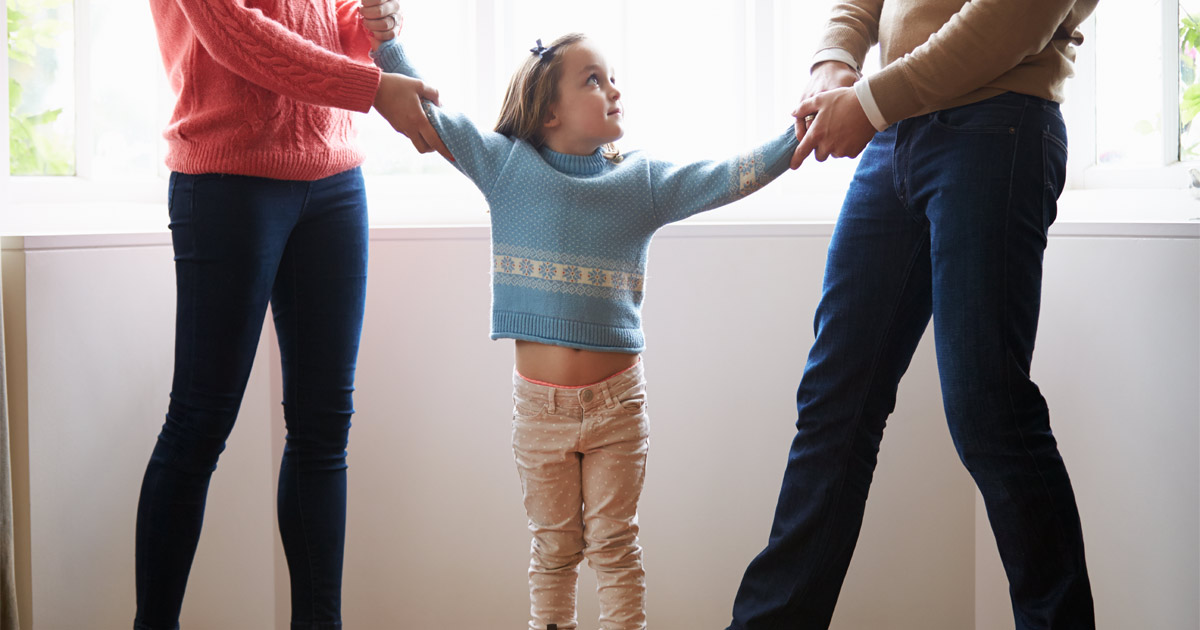In family law, child custody arrangements typically establish which household the child will live in and which parent will have visitation. It also determines which parent will be able to make important decisions that affect the child’s life. Therefore, it is important that divorcing parents understand sole and joint custody and their differences before an agreement is implemented.
Physical Custody
The parent with whom the child stays with the most has physical custody. In a sole physical custody arrangement, the child will live with the parent who has custodial rights while the other parent has visitation rights. The alternative to this is a joint physical custody arrangement; this is when the child spends approximately half of the time living with each parent.
In New Jersey, courts consider the best interests of the child when determining custody arrangements. Judges have a strong preference for awarding joint physical custody so that the child can stay with both parents. However, when parents are unable to cooperate, they may order sole custody and visitation. Factors that could affect the court’s decision include the following:
- Parents’ willingness to cooperate
- Interaction of the child with parents and siblings
- Preference of the child, based on the child’s maturity
- Stability of the home environment
- Fitness of the parents
- Parents’ employment responsibilities
- Quality of the child’s education
- Issues that affect the child’s safety
Legal Custody
Legal custody refers to the right to make long-term decisions for the child, such as those pertaining to education, medical care, and religious upbringing. Courts typically award joint legal custody unless one parent is deemed unfit.
Proving that a parent is unfit can be challenging; courts favor keeping both parents involved with their children. In New Jersey, an unfit parent is defined as one who is unable to provide a safe and nurturing home for their child, this includes:
- Mental illness
- History of domestic violence
- Incarceration or criminal activity
- Substance abuse or addiction problems
- Previous instances of child neglect, abuse, or endangerment
- Other situations where the child suffered harm due to the unfit parent’s actions
Courts may also grant sole legal custody in situations where one parent lives far away or is generally not involved in the child’s life. Parents who share legal custody of their child will be able to make long-term, important decisions for the child together.
Negotiated Agreements Versus Court Orders
To avoid a court-ordered arrangement, divorcing parents may come to a negotiated agreement between themselves. If they are unable to do so, the court may issue a child custody order that the parents must obey. A qualified attorney may be able to help the parties come to a mutually beneficial agreement that is in the best interests of the child.
Moorestown Divorce Attorneys at Stockton Family Law Assist Parents with Child Custody
If you are seeking child custody, contacting an experienced lawyer is the first step. Our Moorestown divorce attorneys at Stockton Family Law help spouses obtain fair custody and will guide spouses through the legal process. Contact us online or call us at 856-412-5052 for an initial consultation. Located in Moorestown, New Jersey, we also serve clients in Mount Laurel, Burlington, Camden County, and throughout South Jersey.






